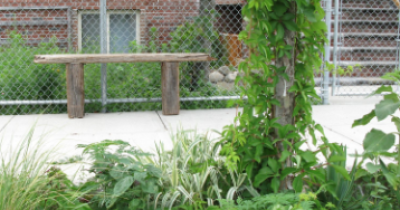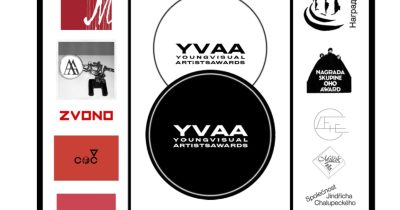ZHdK, Tanzhaus-Zürich (Zürcher Hochschule der Künste, Tanz Akademie Zürich, Toni-Areal, Pfingstweidstrasse 96, 8005 Zürich)
November 2-3, 2018
Talks and panel by Susan Gibb & Florian Malzacher
Workshops by Dmitry Vilensky/Chto Delat, Last Yearz Interesting Negro & Fernanda Muñoz-Newsome
Curators: Maayan Sheleff & Sarah Spies
Building on the conversations around creative commoning and performative knowledge production, (Un)Commoning Voices & (Non)Communal Bodies: Performativity across Choirs and Choreographies looks at political and social engagement organised through artistic and curatorial practices via bodies and voices. These performative assemblies engage tactics of social and feminist protest and notions of decolonisation. It shifts from collective embodiment to subjective individuation, complicating an easy understanding of power and agency.
The program intends to interrogate how performative scores make their way from social and political movements into art institutions, providing spaces for negotiating differences between the ‘common(s)’ – the general interrelatedness of human realities, the ‘(un)common(s)’’ – generative destructive dynamics – and the ‘(under)common(s)’ – the less socially visible aspects of organization and interaction. We aim to ask how we participate in these collective reiterative acts, what political impact (if any) is gained, and what constitutes the conflictual realm of this imagined ‘us’?
The program is part of a series of events which will culminate as part of Reading International – www.readinginternational.org(UK, March/April 2019) with screenings, talks, new commissioned participatory performances and workshops. It aspires to encourage debate and collaborations
between artists, activists, choreographers, publics, curators and theoreticians as agents of change.
The talks and panel discussion orientates towards curatorial strategies that emphasise performativity as a central mode of artistic production and the various expanded artistic affects and political potentials it offers. Susan Gibb’s Tobe touched, to listen: the sensorial scores of Myriam Lefkowitz and Snejanka Mihaylova shares aspects of the creative practices of both artists and their respective scoring processes that prioritise sensorial modes of perception outside of the usual contexts of representation. Florian Malzacher’s Marathons, assemblies, living exhibitions: Performativity as a curatorial strategy asks how ‘theatre-like’ strategies can enable ‘reality making’ in art, and how, as a consequence, the creation of temporary communities in performative contexts might be part of shaping social and political realities. Workshop#1, Dmitry Vilensky/Chto Delat’s The right to represent: between exploitation and commemoration tests ethical and aesthetic questions of representation in current political art practices, through staging a participatory trial based on the case of Emmett Till, thus proposing a more complex position of empathy and solidarity. Workshop#2, Last Yearz Interesting Negro & Fernanda Muñoz-Newsome’s Unruly Bodies facilitates collective embodied movement processes to create choices about sensation and pleasure as political gesture. They are interested in disturbing the (perceived) boundaries between choreographic, social, verbal and intimate shared spaces by offering practices for unruly bodies in unruly times.




